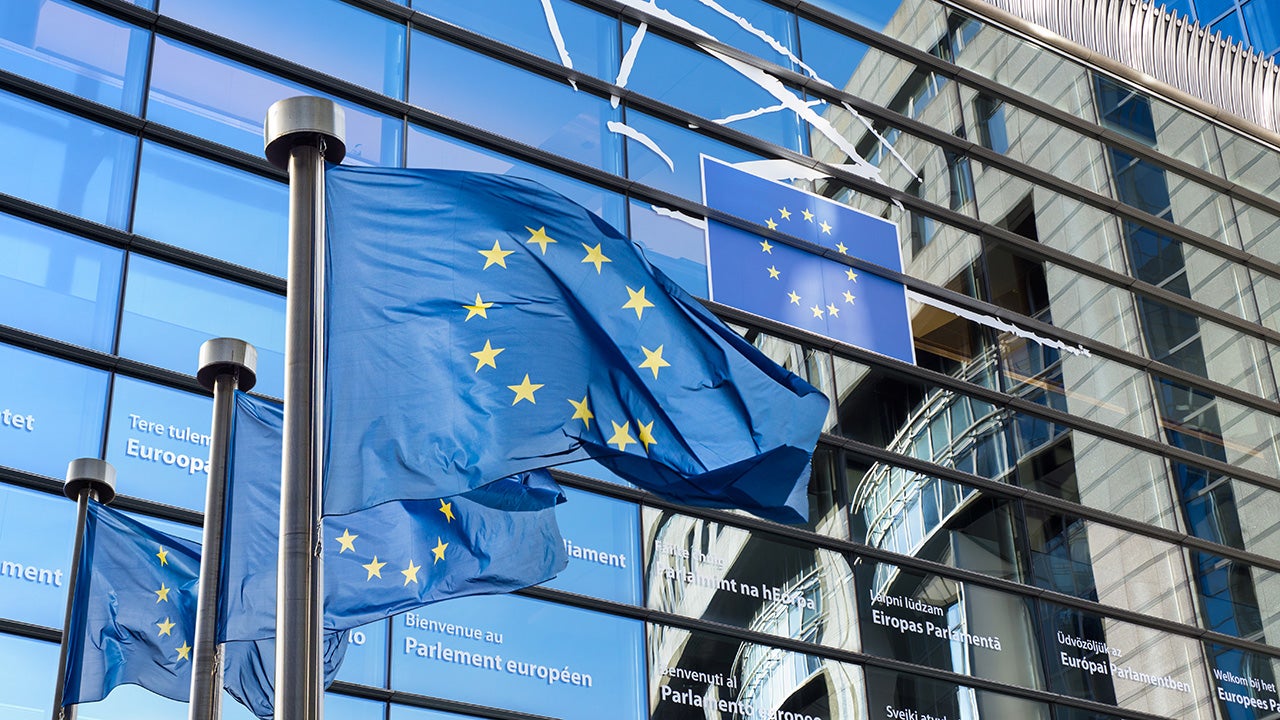
The Future of Europe: Crises, Choices, Consequences
Arnab Das. Global Macro Strategist, EMEA and Jacek Rostowski. Former Minister of Finance and Deputy Prime Minister of the Republic of Poland
COVID-19, Karlsruhe and the NextGenEU Package: Federation, Confederation or Nation-States?
- The joint COVID-19 health and economic crisis has hit all countries almost at once, demanding a shared “eurozonal” response. After initial missteps, the European Central Bank (ECB) has stepped up monetary support significantly. However, fiscal support reflects available space embodied in national public debt ratios instead of the severity of the downturn. The EU Recovery and Reconstruction Instrument (ERRI) and the Next Generation EU (NextGenEU) package help address this shortcoming through shared EU-level debt issuance and taxes to finance transfers to needy member states.
- Simultaneously, a full-blown constitutional crisis has been unleashed. Germany’s Federal Constitutional Court (GFCC) has cast doubt on the independence of the ECB and the legitimacy of the European Court of Justice (ECJ).
- These combined crises may be the most dangerous ever to threaten the EU, whose members and institutions face critical choices and consequences:
· The likely default option: The EU muddles through. Crisis management remains the modus operandi. The ERRI signals that the eurozone (EZ) will not disintegrate because of wayward shocks – nor equally be forced to fully integrate willy-nilly. Sovereign risk premia would be bounded but remain variable and volatile within ranges.
· The best choice: The ERRI and the NextGenEU package bridge the creditor-debtor divide that prevents the ever-deeper union that European Economic and Monetary Union (EMU) needs to thrive. Full endorsement, entrenchment and enlargement of the ERRI over time would restore convergence in per capita incomes and productivity, alongside sovereign risk premia.
· The bearish choice: The ERRI is seen as an error or a one-off. Inadequate resolve by the European Commission, the ECJ, the ECB, the Bundesbank or the German government — or further GFCC challenges — may entrench economic divergence or threaten eventual disintegration. Growth performance and country-risk premia could diverge severely. We see this as a small probability with significant downside impact.
- At the time of writing, the EU has agreed a major step forward with a joint fiscal response through a compromise with something for everyone:
· The grant element is to be scaled down from the initial €500 billion to €390 billion;
· There will be more rebates for member-states that put up a strong resistance; and there will be some oversight of disbursements – but no veto, and
· Disbursements are to be front-loaded into 2021, amid other specific compromises.
All these decisions send a reassuring message that the euro will not be allowed to disintegrate as a direct result of the pandemic and the lockdown – at least not in the first wave. But in future crises or waves, the need to agree a joint fiscal response may yet arise again, meaning that the three broad options above, to muddle through, very positive or very negative outcomes will remain possibilities.
We expect country risk premia to be bounded, but still to vary with the size of the shocks or policy challenges facing national economies and governments as much as the Eurozone as a whole.

